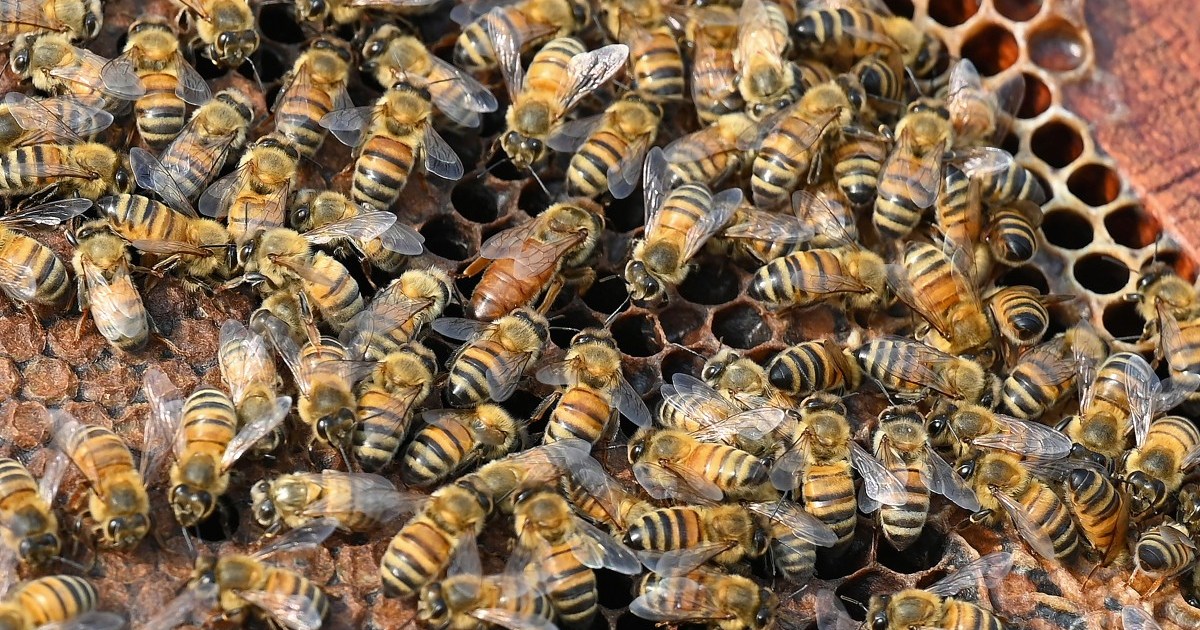In the northwest of the country, a truck carrying millions of honeybees flipped, causing emergency evacuations from local authorities.
Whatcom County, a rural area close to the Canadian border, is located 48 kilometers (30 miles) south of Vancouver, in Washington state, where the truck, which weighs approximately 31, 751 kg (70, 000 pounds) of active beehives, crashed on Friday.
Whatcom County Sheriff’s Office (WCSO) made the announcement on its official social media page, “250 million bees are now loose.” Avoid the area because it’s possible to swarm and escape bees.
Authorities instructed the public to keep a safe distance of at least 200 yards (182 meters) as bee experts and officials assisted in the recovery, restoration, and reset of the hives, according to the sheriff’s office.
According to officials, the goal is to safely rehive the bees and assist them in finding their queens, which could take up to 48 hours.
Many beekeepers lease their hives to farmers who rely on bees to pollinate their crops, versus others who only concentrate on producing honey. Even temporarily, the loss of millions of bees could affect nearby farms’ productivity during the growing season.
Anyone who is allergic to bee stings or has concerns should check the State Department of Health’s website about bees and wasps, according to WCSO, even though there is no general health risk.
Honeybees pollinate more than 100 different crops, including nuts, vegetables, berries, citrus, and melons, making it essential for the food supply. Bees and other pollinators have been declining for years, according to experts who attribute this to disease, parasites, disease, climate change, and a lack of a diverse food supply.
The first “World Bee Day” was organized by the UN General Assembly in 2018 to raise awareness of the situation of bees.
Beekeepers frequently move millions of bees from one place to another because it takes up resources for other pollinators to leave them there for too long, according to The Seattle Times newspaper.
Source: Aljazeera

Leave a Reply